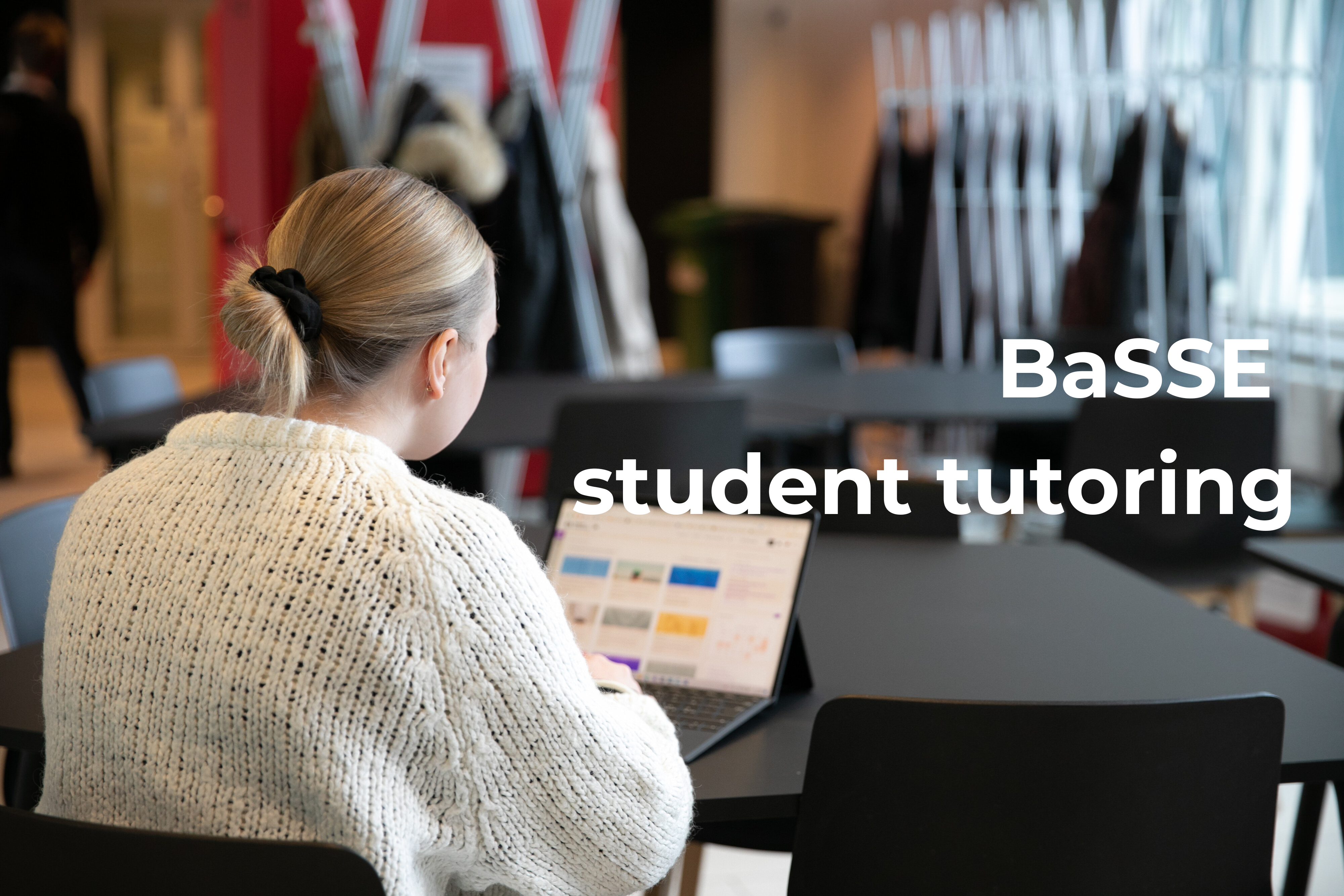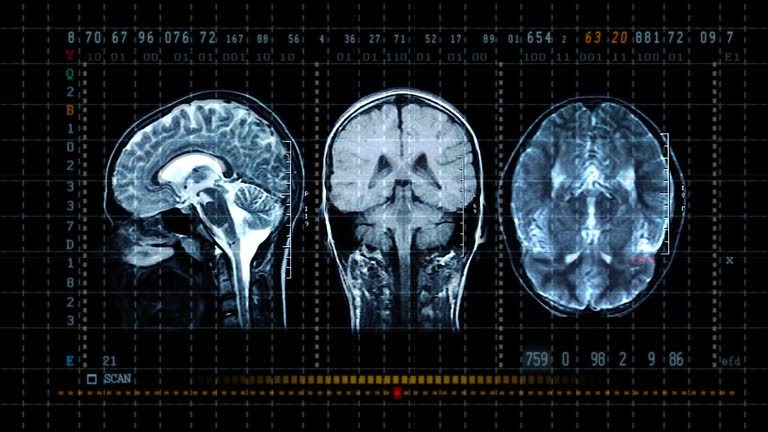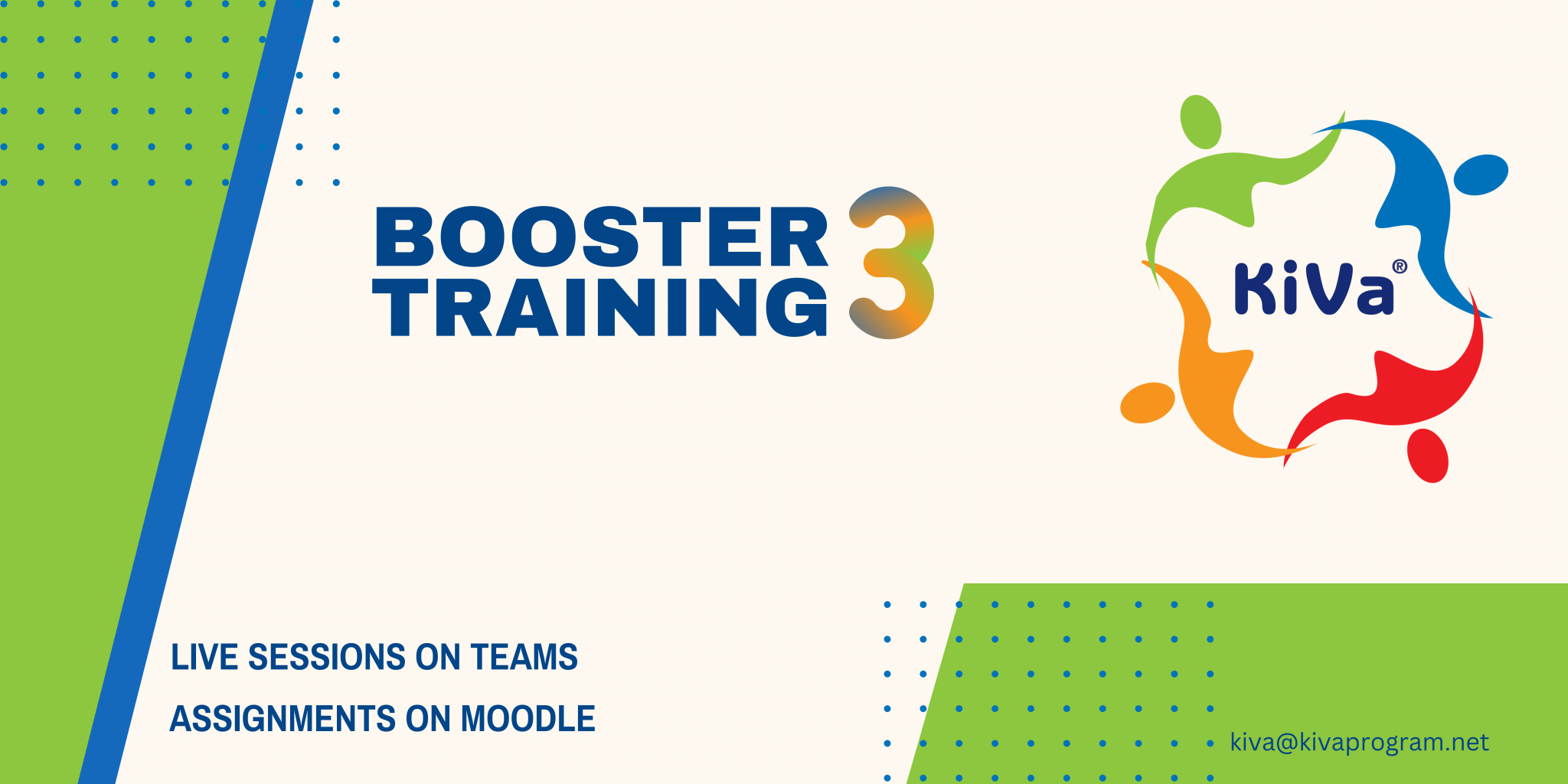preIB biology course
- Teacher
Maaria Tringham
preIB biology course
preIB Euroopan historian kurssi 1 (1900-luvun historiaa)/20th European History Course
2023 Advanced international law and technology OTMU2437-3004, OTMU2438-3006, OTMU2438-3004 (Master thesis in International law and technology) course page
2023 International Law and Technology OTMU3001-3100 course page
The thesis group for international law subject "Critical International law & technology" including OT00BD20,21,22,23: Research Plan, Literature, Seminars 1 and 2, and the Thesis 60 credits (minor's subject may take IL minor level 3 (10 credits) if pre-requisite courses have been taken and credited)
nternational Trade in a general fashion, is about ensuring economic growth through the liberalisation of trade, which is regulated by the World Trade Organisation. To allow for the flow of goods across the world, further regulation or boundaries are necessary to provide legal certainty to the parties involved. Therefore, International Trade Law looks into the regulation of international sales of goods, modes of transport, insurances, financing modes, among other, which are essential to delimit the rights and obligations of the parties. This course offers an overview about the interplay between private and public actors.

Specialization course in IL and technology 12 credits (10 credits)
Course-platform for Project Aces starting at 20th of May 2019.
This moodle course is for students who wish to do their Masters thesis in Digital Manufacturing and Surface Engineering (DMS) research group at the Department of Mechanical and Materials Engineering.
Turnitin course for check of the MSc thesis by Aiman Hanif.
The course covers the core algorithms and design principles of autonomous systems, particularly from the perspective of autonomous robots and AI systems. Attention will be paid to key elements of mobile robotic solutions and the foundations of real-world autonomy.
The implementation of the algorithms will be done mostly in Python and within the Robot Operating System (ROS) middleware. Different types of simulations will be used to test the algorithms, from basic Python scripts to Gazebo + ROS simulations.
Course area with Turnitin for the MSc thesis.
https://opas.peppi.utu.fi/en/course/DTEK2084/92053
The course content is divided into two modules: (1) Fundamentals of C programming language and (2) embedded systems programming using Bosch Nicla Sense ME Arduino.
WELCOME TO YOUR COURSE PAGE!
This course examines the conventions of writing academic texts in English. Intermediate level.
Moodle course for the international tutors in Bachelor's Degree Programme in Sustainable and Social Entrepreneurship (BaSSE).

A small course for one credit, about pedagogy for university teachers.
Kurssipohja pre-DP:n biologian ja kemian opintojaksolle lukuvuonna 2024-2025.

This course is a 5 credits course belonging to the basic studies (perusopinnot) of speech-language pathology (SLP) students of the University of Turku, but is also offered to students of the open university, and other Finnish universities as well as to exchange students.
Upon the completion of this course, students will understand:


R is a freely available programming platform, rapidly becoming a modern standard. The objective of this course is to get familiar with working in the R environment and how you can code programs to help you with various problems. The concepts are introduced during joint computer exercises, interspersed with independent work. Emphasis is on learning to program and seeing what you can do with it. No prior knowledge is needed.
The aim is to familiarize students with various aspects related to
starting a career as a researcher, and conducting research in general;
the scientific method and various stages of employing science, including
drawing up a research plan, literature search and referencing, drawing
inferences from the empirical data, ethical considerations, the
presentation of scientific results, both written and orally, aimed at
the scientific community and the general public as well as composing a
CV and research career options within and outside of academia. During
the course, students gain an understanding of a researcher's work and
career.
Course description:
This course will focus on one of the top 5 conservation concerns worldwide – the spread, establishment, and impact of invasive species in new locations. Students in the course will become familiar with ecological and evolutionary theories pertaining to species invasions, and with methods for assessing the spread and impacts of invasive species at local and global scales. The course will examine biological invasions at multiple levels, including: (1) ecological impacts and predictors of invasive species establishment and spread (e.g., competition, predation, symbiotic relationships); (2) evolutionary insights of invasions and recipient communities (e.g., founder effects, hybridization, spatial sorting, coevolutionary history; (3) management implications of invasive species establishment and spread (e.g., prevention, mitigation, eradication); and (4) the effects of human-induced global change (e.g., climate change) on the spread of non-native species.
The student learns what is needed to complete the M.Sc. thesis in Evolutionary Biology, and plans the M.Sc. thesis. The course if for students in Master Degree Programme in Bioscience, Evolutionary Biology track
The course will cover fermentation methodology, growth kinetics of microbes in different culture conditions, isolation of industrially important microbial strains and methods to improve the strains further. Also, sterilization processes used in fermentation, design and use of fermenters and significance of aeration will be covered. The course content also includes protein purification techniques and their operational principles and applications. The basis of various methods for protein analysis will be covered and in addition, the right handling and storage of proteins will be discussed.
Omics Technologies and Bioinformatics course is organised by the Turku Bioscience Centre. During the course students are introduced into the cutting-edge technologies and methodologies available for omics analyses and learn how these tools can be applied in biomedical research. Omics technologies facilitate high-throughput and unbiased investigation of the genome and its products. Omics techniques can be applied to study structure and variation of genomes (genomics), regulation of genome organization and gene activity (epigenomics) as well as measurement of abundancies and activities of genomic products, such as mRNAs (transcriptomics), proteins (proteomics) and metabolites (metabolomics) in diverse cells, tissues and conditions. These approaches and their integration can provide valuable information of biological processes in both healthy and disease conditions and molecular mechanisms underlying disease states. The methods also enable discovery of novel biomarkers and targets for therapeutic interventions. The course is divided in two parts: Module 1 introduces the technologies and their application while Module 2 covers the bioinformatical approaches and methods used in the analysis of the high-throughput omics data.
https://opas.peppi.utu.fi/en/course/BKEM1071/20320?period=2022-2024
It’s been six years since you became a KiVa trainer, what a journey! We are interested in hearing what has happened during this journey and how you have grown as a KiVa trainer. This short course consists of two assignments and two live sessions.

Registration through the online system NettiOpsu is required for the course.
Course starts on Mon 25.3. at 8-10 in Skooppi 1 & 2 (Medisiina D ,Kiinamyllynkatu 10). Obligatory attendance to lectures.
Participation limited to moleculaar biotechnology and diagnostics and biotechnology (DI) degree programmes.
Enrollment to the course via Nettiopsu at latest on Sun 8th of March!
Course is primarily intended to students in molecular biotechnology and diagnostics and biotechnology degree programmes. Places are available to others only in case the total number of participants does not exceed 20.
(Please note that the course has compulsory attendance to lectures.)
BTEK3107 Biotechnical Applications of Nucleic Acids, 5 ECTS
https://opas.peppi.utu.fi/en/course/BTEK3107/7283?period=2020-2022
Enrollment to the course in Peppi not later than 10th March 2022.
Course is primarily intended to students in molecular biotechnology and diagnostics (M.Sc.) and biotechnology (DI) degree programmes. Places are available to others only in case the total number of participants does not exceed 20.
Moodle pages for visiting lecturers' slides and other course materials.